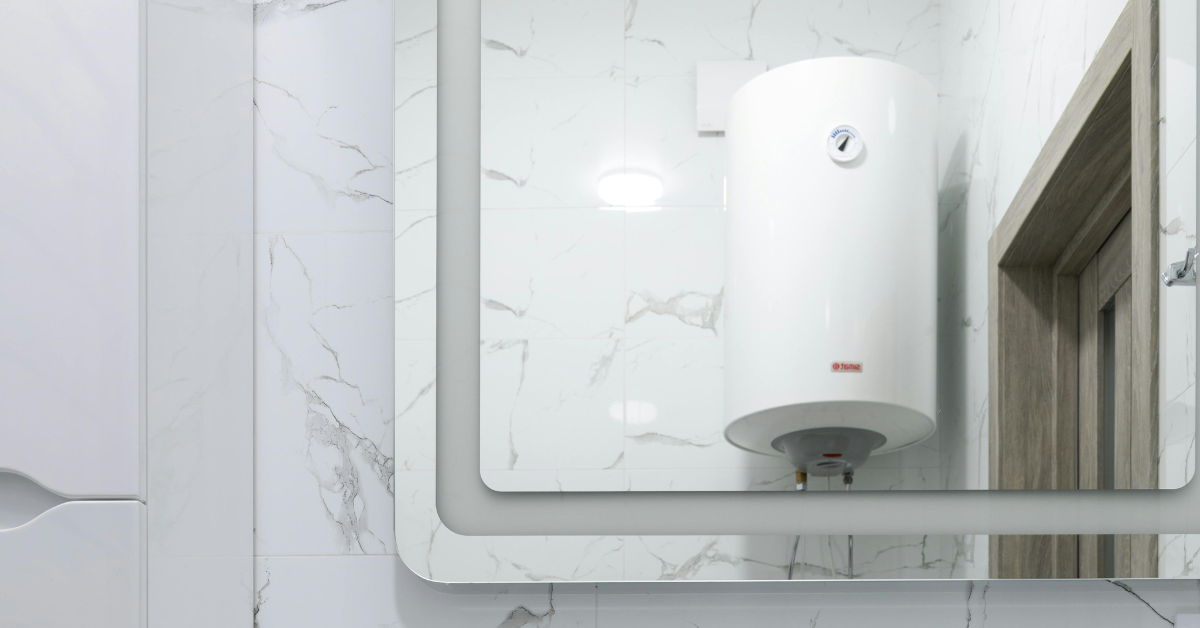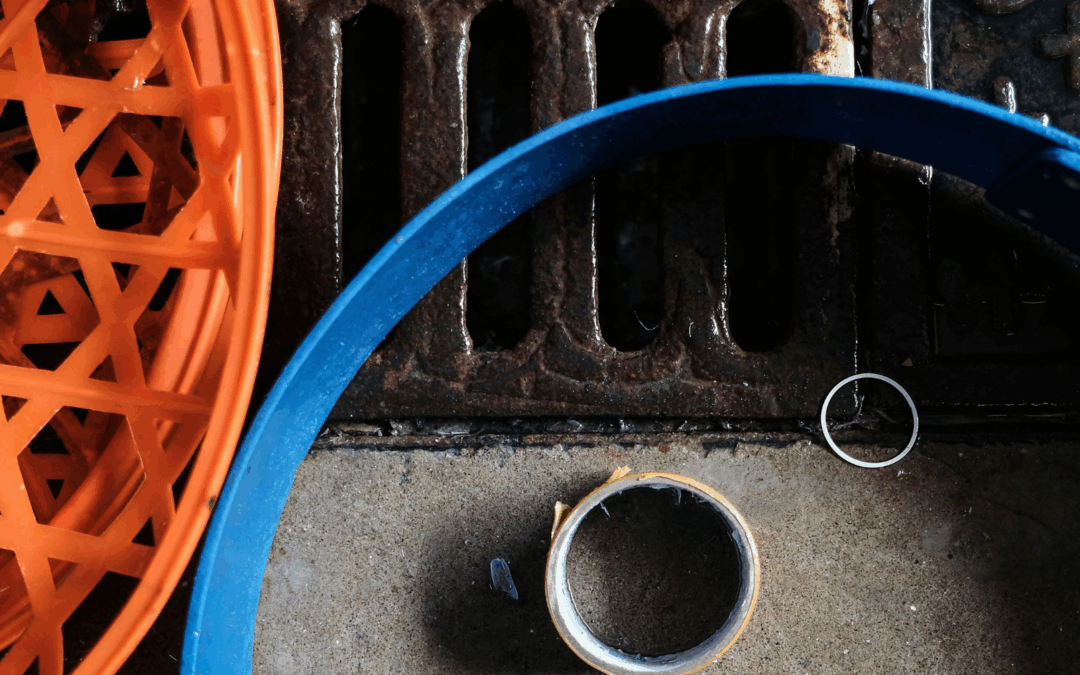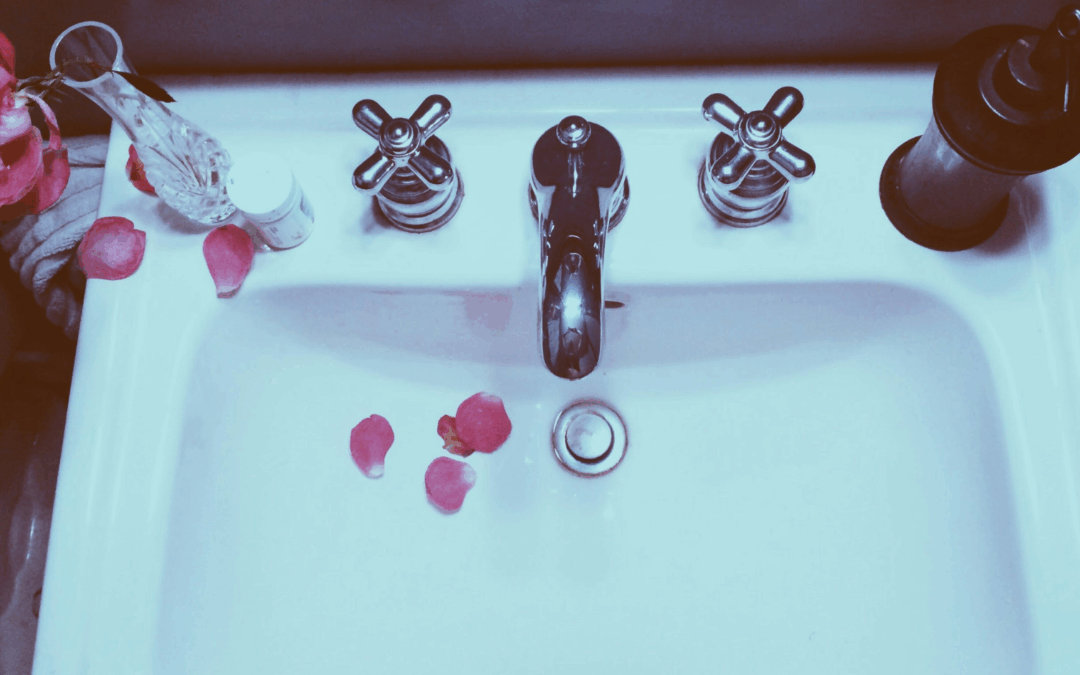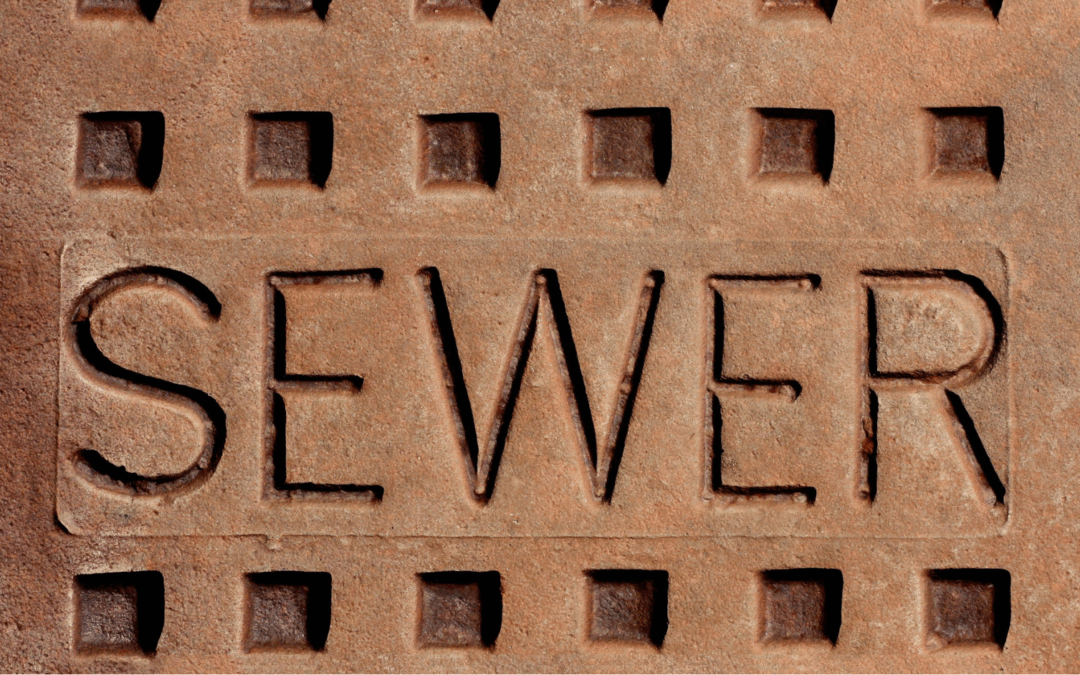I rely on my tankless water heater every day, and I know my customers do too. When something feels off with your water heating system, it can throw your whole routine out of balance. In Maryland homes, these efficient units handle everything from a hot shower and running the bathroom sinks to the dishwasher and clothes washer.
But even the best systems don’t last forever. As a plumber serving the Pasadena area for over 35 years, I’ve seen what happens when a unit fails unexpectedly. I’ll walk you through the signs that your tankless heater is approaching the end of its life so you can protect your home and avoid wasted money, energy, and stress.
Understanding How Tankless Water Heating Works
Before we get into the warning signs, it helps to understand what’s happening inside that compact box on your wall. Unlike traditional tank heaters that keep a large volume of water hot 24/7, a tankless system heats water exactly when you need it.
Schedule Service Online
Get a free estimate so you know what you're signing up for
"*" indicates required fields
For Emergency Services Call: 410-255-9300
How Tankless Systems Produce Hot Water
When you turn on a hot water tap, cold water flows into the unit. A flow sensor detects this and activates a powerful heat exchanger, which is typically powered by natural gas or electricity. This component rapidly heats the water to your preset temperature as it passes through. The unit’s maximum BTU (British Thermal Unit) input determines how quickly it can heat the water, ensuring a continuous supply as long as the faucet is running.
Why Space and Installation Location Matter
Where you install a tankless heater is crucial. Indoor units require proper ventilation to safely expel exhaust gases, especially with natural gas models. Outdoor units are built to withstand the elements but can be less efficient in cold Maryland winters. Local permits are often required, and a certified condensing model is usually the best choice for maximum efficiency, as it captures and reuses heat that would otherwise be lost.
Energy Efficiency Advantages
One of the biggest draws of a tankless system is its energy efficiency. Traditional tanks constantly use energy to keep dozens of gallons of water hot, leading to “standby energy loss.” Tankless units eliminate this waste. Modern condensing technology further improves efficiency, and many models are ENERGY STAR rated, which can significantly reduce your monthly operating costs.
Clear Signs Your Tankless Water Heater Needs Replacement
An aging unit will give you clues that it’s time for a change. Paying attention to these signs can save you from a complete breakdown.
Hot Water Inconsistency or Delays
Is your shower water turning lukewarm unexpectedly? Do you have to wait longer than usual for hot water to reach the faucet? This inconsistency can signal a failing device. It might be due to a clogged pump struggling to circulate water or a worn-out heat exchanger that can no longer keep up.
Strange Noises or Odors
Your tankless unit should operate quietly. If you hear rumbling, knocking, or high-pitched whining, it could point to sediment buildup or mechanical failure. Any smells of burning plastic or metal are serious red flags that suggest an aging unit or a problem with the fuel source, and you should call a professional immediately.
Frequent Repairs or Error Codes
A reliable system shouldn’t need constant attention. If you find yourself frequently resetting the unit, or if error codes keep appearing on the digital display, the system is likely near the end of its functional life. These repeated service calls add up and are often a clear sign that a replacement is the more economical option.
Energy Bills Increasing Over Time
Keep an eye on your utility bills. An older tankless system will gradually lose its efficiency, forcing it to work harder and use more energy to produce the same amount of hot water. If your gas or electric bills are creeping up without a change in your usage, the water heater could be the culprit.
Rust, Leaks, or Safety Concerns
Visible rust or corrosion on the unit is a major warning sign. Any moisture or active leaks, especially around electrical components, are immediate safety hazards. Damage to the casing or connections compromises the integrity of the water supply and puts your home at risk.
When Repairs Are Possible—And When Replacement Makes More Sense
Sometimes, a simple repair is all you need. Other times, putting more money into an old unit is a losing battle.
Repairs Worth Doing
For younger systems, some issues are worth fixing. Minor problems like a clogged water filter, a faulty ignition pack on a gas model, or a small replaceable part can often be addressed to extend the system’s life. Regular descaling to remove mineral buildup is a maintenance task that can also resolve performance issues.
When Replacement Is the Smarter Choice
A full replacement is often the better long-term investment in these situations:
- Age: Your non-condensing model is over 12–15 years old.
- Heat Exchanger Damage: The heat exchanger is the heart of the unit. If it’s cracked or failing, replacing it is often as expensive as getting a new system.
- Limited Flow Rate: Your current unit can’t keep up with your household’s demand, leaving you with lukewarm showers if the dishwasher is running.
- Outdated Technology: Older systems may lack modern safety protections, like overheat sensors or pressure relief valves.
- Poor Installation: The original unit was installed incorrectly, in the wrong location, or without proper ventilation, leading to chronic problems.
As licensed contractors, we can perform a thorough inspection to help you weigh the costs and benefits. We provide honest, personalized recommendations to find the right solution for your home and budget.
Choosing the Right Replacement Tankless Unit
If you decide to replace your unit, several factors will influence your choice.
Energy Efficiency Matters Most
Look for ENERGY STAR certified condensing models. These units can be over 95% efficient, meaning very little energy is wasted. This translates directly into lower operating costs and a smaller environmental footprint.
Sizing and Flow Rate Considerations
We’ll help you calculate the right size for your home. This is based on the “gallons per minute” (GPM) your household requires at peak usage. We consider how many showers, faucets, and appliances might run simultaneously to ensure your new unit can meet the demand.
Picking a Fuel Source
In Maryland, both natural gas and electric models are popular. Natural gas units typically have higher GPM ratings and lower operating costs, but require venting. Electric models are easier to install and don’t need ventilation, making them a great fit for certain spaces.
Product Lines, Costs, and What to Expect
Installation costs vary based on the model, fuel type, and your home’s existing setup. We’ll walk you through the entire process, including any electrical or plumbing upgrades, venting requirements, and the best location for the new unit. Proper setup is key to preventing future problems and maximizing the unit’s estimated 20-year life expectancy.
How to Protect Your New Tankless Water Heater
Once your new system is installed, a little care goes a long way.
Regular Maintenance Makes a Huge Difference
I always tell my customers that annual maintenance is the best way to protect their investment. This includes descaling the unit to remove mineral buildup (a common issue with Maryland’s water), cleaning the heat exchanger, and checking the pumps and filters.
How to Avoid Premature Wear
Simple habits can prevent premature wear. Ensure the unit has sufficient airflow and isn’t cluttered. If you have an outdoor unit, protect it from debris. An inspection can also catch small issues before they become big ones.
Why Professional Service Matters
Having a professional from MD Sewer & Plumbing perform an annual tune-up ensures everything is running safely and efficiently. This service reduces long-term costs, improves energy efficiency, and helps you get the maximum lifespan out of your new water heater.
All About Water Heaters
Here are a few valuable resources to help you better understand water heater maintenance and repair
Home Depot – Water Heater Buying Guide: Discover the differences between water heater types to make an informed buying decision.
Angi – How to Fix a Leaking Water Heater: Step-by-step guidance on how to address common water heater leaks.
This Old House – Water Heater Troubleshooting: Learn how to identify and resolve common water heater issues with expert advice.
Consumer Reports – Water Heater Ratings and Reviews: Compare water heater models and find the best option for your home.
Energy.gov – Water Heater Maintenance Tips: Learn practical tips and advice for maintaining your water heater to improve its efficiency and lifespan.

Know the Signs and Replace Before Bigger Problems Hit
If your tankless system struggles to keep up, delivers uneven flow at the hot water faucet, or takes longer to start heating water, it may be reaching the end of its life. Most tankless water heaters eventually wear down, especially if the installation location—whether indoor or an outdoor-refine setup—wasn’t ideal from the start. When the unit can no longer provide continuous hot water or meet the max BTU input your home needs, replacement becomes the smarter move.
Upgrading from an older storage tank or non-condensing-refine model can give homeowners better efficiency, easier maintaining, and long-term savings. I always encourage people to request cost estimates, check the local Better Business Bureau listings, and search for the product features that matter most before they purchase a new unit. Choosing the right system upfront helps protect your home and avoids future problems.
As your trusted local plumber in Maryland for over 35 years, I’m here to walk you through every step. From choosing the right model to ensuring the installation meets all requirements, I’ll help you install a tankless system that delivers reliable, continuous hot water for years to come.




